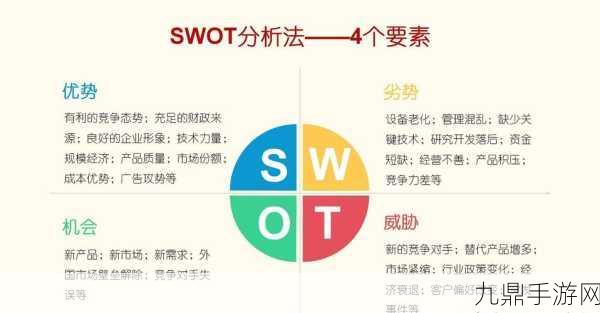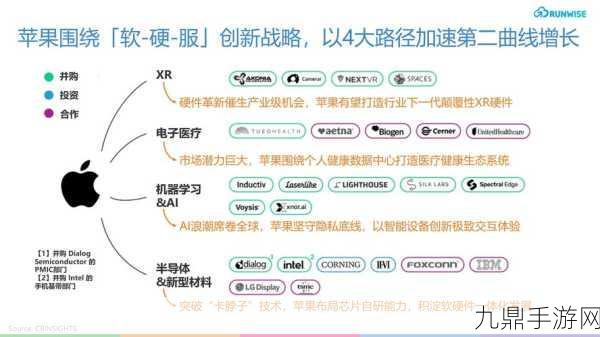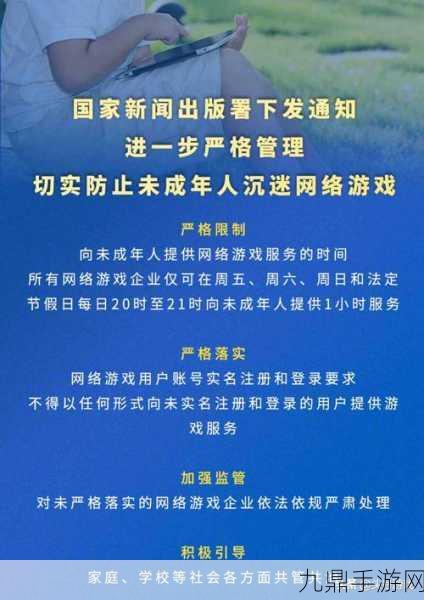Yanmar的历史与发展
Yanmar自1912年成立以来,专注于柴油发动机和农业机械的研发。作为日本最早从事内燃机制造的企业之一,其产品线涵盖了多种类型,包括小型发电机、船用动力以及工程设备等。凭借着技术创新与品质保证,Yanmar逐渐成长为全球领先的重工业品牌。
核心技术优势
在引擎设计方面,Yanmar采用先进的燃油喷射系统和废气排放控制技术。这些创新不仅提升了发动机效率,还大幅降低了环境影响。例如,该公司的Common Rail直喷技术使得柴油消耗更经济,同时减少有害物质排放。此外,公司还致力于开发高效环保的新一代生物燃料解决方案,以应对全球能源转型带来的挑战。

市场需求分析
Agricultural machinery and marine engines are key areas where Yanmar excels. In agriculture, the demand for efficient tractors and harvesters is on the rise due to increasing global food production needs. The versatility of Yanmar’s products allows them to cater to diverse farming practices across different terrains.
The maritime industry also presents substantial growth opportunities for Yanmar, particularly in recreational boating and commercial shipping sectors. With a focus on high-performance outboard motors and propulsion systems, they contribute significantly to enhancing operational efficiency at sea.

进口策略及其意义
This brand's import strategy revolves around establishing strong partnerships with local distributors while maintaining rigorous quality control standards. By ensuring that their products meet international compliance regulations, Yanmar can effectively penetrate foreign markets without compromising its reputation.
The strategic placement of service centers worldwide further enhances customer satisfaction by providing timely support and maintenance services.
Sustainability Initiatives
Sustainable development has become integral to corporate strategies globally; hence Yanmar actively invests in research aimed at reducing carbon footprints through innovative technologies such as hybrid power solutions. Their commitment extends beyond engine technology into sustainable manufacturing processes which prioritize resource conservation throughout production cycles.
</P>Your understanding of sustainability reflects positively upon your business image—an increasingly vital factor influencing consumer choices today.
Incorporating renewable energy sources like solar panels alongside traditional engines demonstrates a forward-thinking approach that appeals widely among environmentally conscious consumers.







